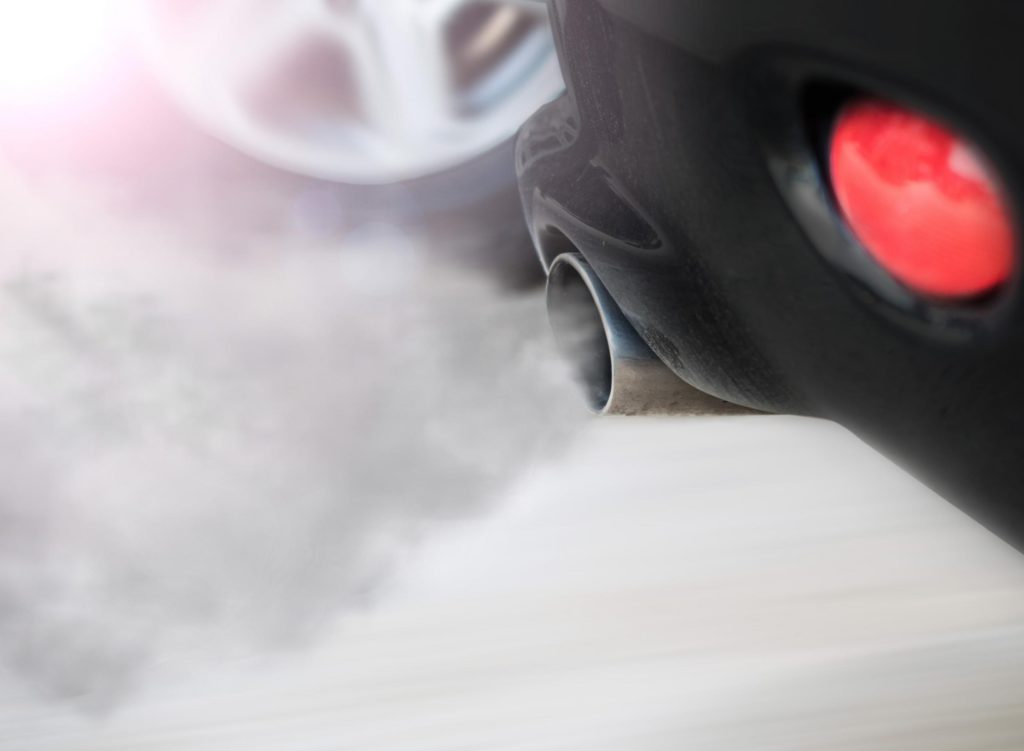European General Court upholds complaint by cities over EU change to NOx limits
19 December 2018

19 December 2018
The European General Court (EGC) has upheld a complaint by the city authorities of Paris, Brussels and Madrid against an EU rule change on vehicle nitrogen oxide (NOx) emissions.
The three cities said that the changes, a 2016 regulatory amendment raising the limits on nitrogen oxide (NOx) emission from cars and vans, had increased pollution. The EGC agreed, stating that the amendment went beyond the powers of the EU executive and broke EU human rights and other laws.
′The General Court upholds the actions brought by the cities of Paris, Brussels and Madrid and annuls in part the Commission’s regulation setting excessively high oxides of nitrogen emission limits for the tests for new light passenger and commercial vehicles,’ it said in a statement. ′The Commission did not have the power to amend the Euro 6 emission limits for the new real driving emission tests.’
The capital cities of France, Belgium and Spain have imposed their own local restrictions to curb air pollution, especially concerning levels of NOx emitted by older diesel vehicles.
The court said only the part of the Commission’s Regulation 2016/646 which sets NOx limits must be annulled, not other parts of the legislation that set out the conditions for testing. It gave the Commission a year to make the amendments in order to avoid legal uncertainty over decisions already made by consumers and carmakers.
Christof Engelskirchen, Managing Director, Consulting & TCO Solutions at Autovista Group, comments: ′The newest diesel generations, certified with Euro 6d (temp), have NOx emissions in RDE tests far below the 80mg limit. However, it is difficult to measure NOx exactly; several measurements will deliver different results. Whether this justifies a factor of 110% on the 80mg limit is of course debatable. The court ruling does not mean that 80mg is now set in stone. It means that the EU Commission did not have the legitimation to make the call on 80mg rising to 168mg in real-driving emissions (RDE). The law-making bodies of the EU Parliament and Council now have the chance to create a decree on this topic with a 12-month window being given.
′In Germany, several cities have implemented bans for Euro 4. Euro 5 is only allowed to be banned as of September 2019 according to the highest German court ruling. NOx emissions are going down in most cities, and the bans may support this. It is therefore questionable whether new bans for Euro 6 are likely.
′For OEMs, the consequences are clear – even if over the next 12 months an RDE threshold value of >80mg will be confirmed, they should focus their attention on hitting 80mg and starting a PR campaign around diesel technology.’
Andreas Geilenbruegge, Manager of Market Analysis & Consulting at Autovista Group’s German division Schwacke, adds: ′The verdict offers the possibility to municipalities and administrations to extend driving bans when existing ones are not delivering adequate results. It is interesting to see now that the mood in Germany is somehow shifting. Resistance against driving bans is firming up, combining diesel owners, administrations and municipalities, dealerships and last but not least OEMs and importers. Therefore, stricter bans are not very likely since new ones will come due to current consitions but not as a result of this incident.’